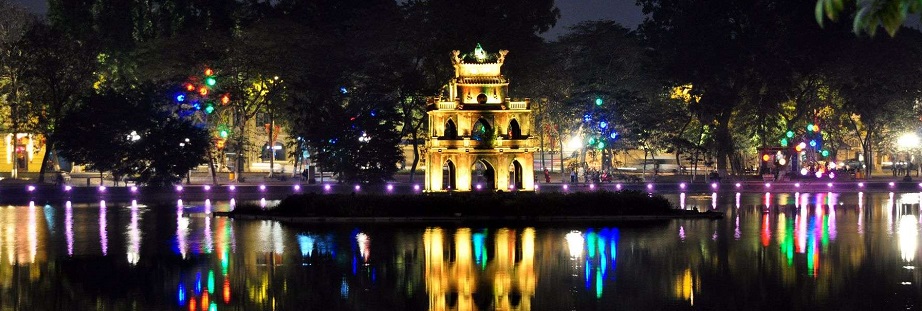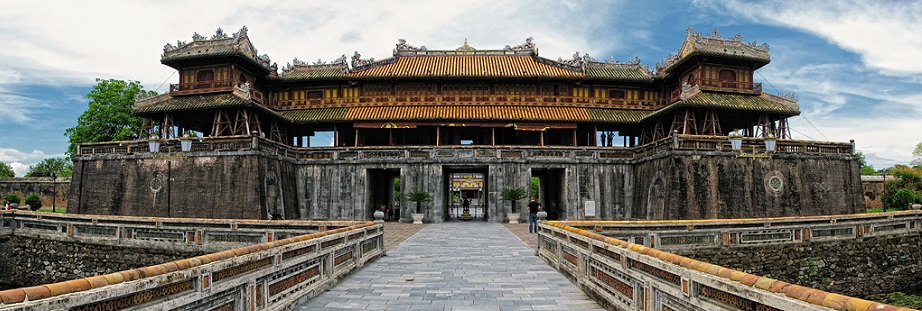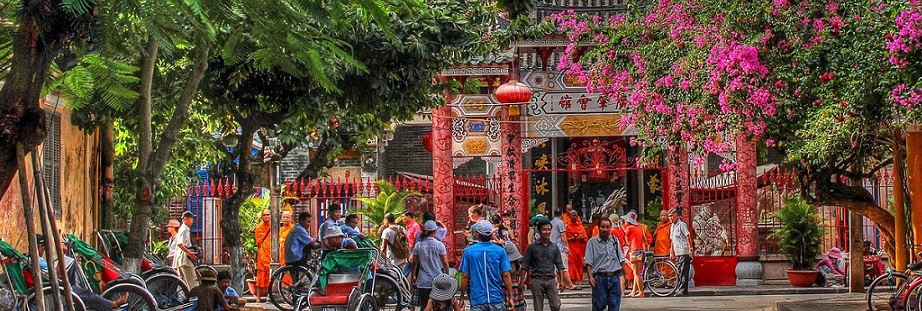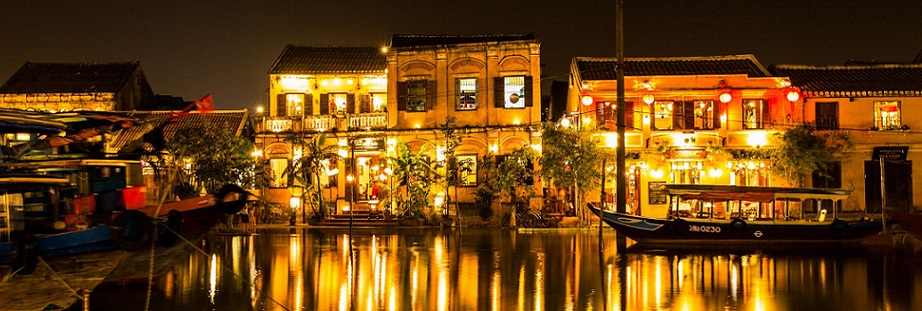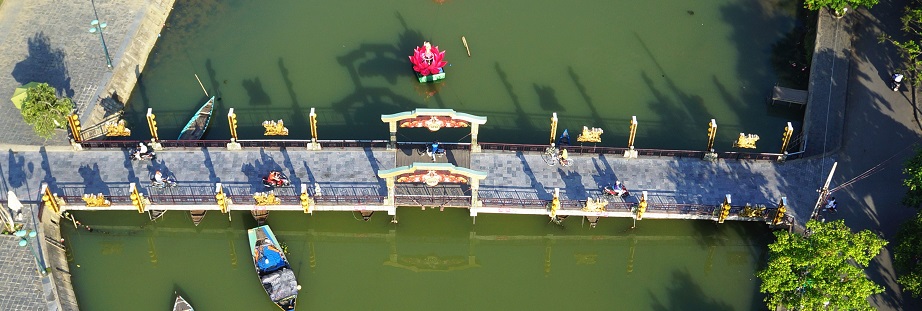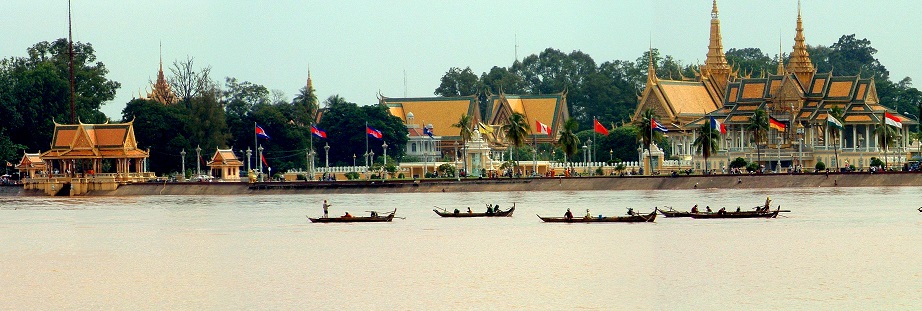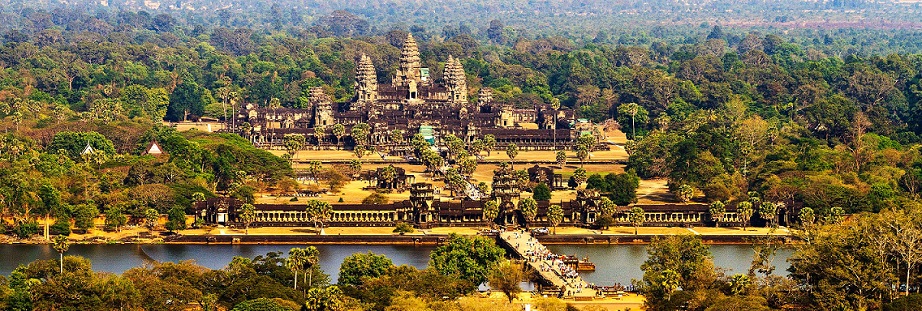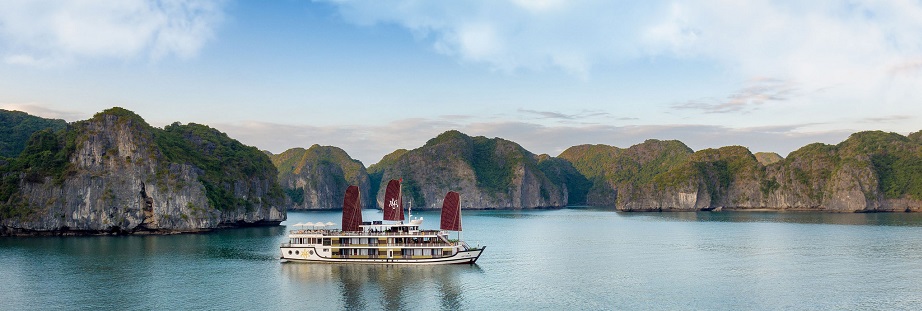Hotline:
0242 2420 777
Email: info@webtravel.vn
Home
›
Laos
›
Vientiane
Vientiane City Tour
PROGRAM DETAILS
Today enjoy a guided tour to discover the hidden charms of Vientiane, whose name means ‘the city of sandal wood’. Vientiane is one of the quietest capital cities in the world, far away from the hustle and bustle of other Asian capitals.
Your guide will pick you up at 09:00 this morning from your hotel in Vientiane city. Your tour begins at the serene Wat Sisaket, the only temple left intact after the Siamese (Thai) invasion in 1828. It is one of the most beautiful temples in the capital, and its breezy teak covered hallways are filled with thousands of miniature Buddha statues.
Continue on to the nearby Wat Phra Keo. Used as a religious museum, Wat Phra Keo displays a collection of both Lao and Khmer works of art. Also nearby, is the Presidential Palace. Although you are not allowed to visit inside, it is a good glimpse in to the town’s colonial past as this building formerly served as the French governor’s palace.
(Important note: Please note that the Wat Phra Keo Museum in Vientiane has closed for renovation until the end of 2015. We recommend you to discuss with yout guide for an alternative visit such as the National Museum.)
Stop at Wat Simuang, the most popular and venerated temple in Vientiane, as it is considered the guardian of the spirit of the city. Upon its grounds, you will find an Angkorian-era pillar and it is a popular belief that if you circle it three times and make a wish, then that wish will come true.
Nestled near the original morning market is That Dam. Also called the ‘Black Stupa’, the structure was once covered with a layer of gold which was stolen by the Thais during their invasion in 1828. From here, travel on to nearby Pangkham Street, with its plethora of tailor shops, and Nam Phou Fountain. Here you can see how traditional areas of the city are embracing modernity.
Enjoy a delicious Lao-style lunch at Makphet Restaurant. Established by Friends International (www.friends-international.org), Makphet is a charity-run restaurant aiming to train the area’s street children in the hospitality industry. Professional chefs from around the world have volunteered their time in developing the menus and training the staff. The food is excellent, and the staffs excel in bringing true Lao-hospitality in to their service.
Visit COPE, an association working to help landmine victims. A visit to the center provides in-depth information about the history of the American/Vietnam war and the lasting impact of unexploded ordinances (UXO) in the area and the efforts underway to clear them.
Continue to the Patuxay monument, Laos’ version of the Arc de Triomphe, where you can climb the stairs to the roof for sweeping panoramic views of the city. Next, your tour takes you to That Luang, the holiest site in Laos. Constructed by King Setthathirat in the 16th century, the temple is resplendent as the sun shines upon its towering golden spire.
End your tour of the capital along the banks of the Mekong River as the sun begins to set. Stroll along the river, stop to enjoy a cold drink, or sample a snack from one of the many local food stalls. This area is very popular with locals who go to exercise in the park in the evenings and you can also browse the evening market for souvenirs.
Today enjoy a guided tour to discover the hidden charms of Vientiane, whose name means ‘the city of sandal wood’. Vientiane is one of the quietest capital cities in the world, far away from the hustle and bustle of other Asian capitals.
Your guide will pick you up at 09:00 this morning from your hotel in Vientiane city. Your tour begins at the serene Wat Sisaket, the only temple left intact after the Siamese (Thai) invasion in 1828. It is one of the most beautiful temples in the capital, and its breezy teak covered hallways are filled with thousands of miniature Buddha statues.
Continue on to the nearby Wat Phra Keo. Used as a religious museum, Wat Phra Keo displays a collection of both Lao and Khmer works of art. Also nearby, is the Presidential Palace. Although you are not allowed to visit inside, it is a good glimpse in to the town’s colonial past as this building formerly served as the French governor’s palace.
(Important note: Please note that the Wat Phra Keo Museum in Vientiane has closed for renovation until the end of 2015. We recommend you to discuss with yout guide for an alternative visit such as the National Museum.)
Stop at Wat Simuang, the most popular and venerated temple in Vientiane, as it is considered the guardian of the spirit of the city. Upon its grounds, you will find an Angkorian-era pillar and it is a popular belief that if you circle it three times and make a wish, then that wish will come true.
Nestled near the original morning market is That Dam. Also called the ‘Black Stupa’, the structure was once covered with a layer of gold which was stolen by the Thais during their invasion in 1828. From here, travel on to nearby Pangkham Street, with its plethora of tailor shops, and Nam Phou Fountain. Here you can see how traditional areas of the city are embracing modernity.
Enjoy a delicious Lao-style lunch at Makphet Restaurant. Established by Friends International (www.friends-international.org), Makphet is a charity-run restaurant aiming to train the area’s street children in the hospitality industry. Professional chefs from around the world have volunteered their time in developing the menus and training the staff. The food is excellent, and the staffs excel in bringing true Lao-hospitality in to their service.
Visit COPE, an association working to help landmine victims. A visit to the center provides in-depth information about the history of the American/Vietnam war and the lasting impact of unexploded ordinances (UXO) in the area and the efforts underway to clear them.
Continue to the Patuxay monument, Laos’ version of the Arc de Triomphe, where you can climb the stairs to the roof for sweeping panoramic views of the city. Next, your tour takes you to That Luang, the holiest site in Laos. Constructed by King Setthathirat in the 16th century, the temple is resplendent as the sun shines upon its towering golden spire.
End your tour of the capital along the banks of the Mekong River as the sun begins to set. Stroll along the river, stop to enjoy a cold drink, or sample a snack from one of the many local food stalls. This area is very popular with locals who go to exercise in the park in the evenings and you can also browse the evening market for souvenirs.
Other Tours
Best Of Indochina Travel
© 2015 Best of Indochina. Design by Webtravel.vn
Call us 0242 2420 777 or email info@webtravel.vn

